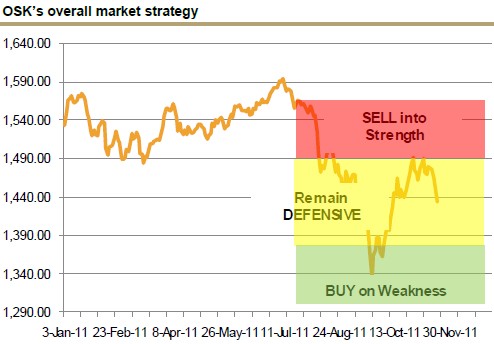Happy New Year
Bad policies are not enough to derail the most powerful economic engine the world has ever seen -- the US economy. Here is where we are headed in 2012: Higher stocks prices, lower bond prices. A slowly expanding economy -- roughly 2 percent. Because of the way GDP is measured, the reported numbers will bounce around, but should average about 2 percent for 2012 as a whole. China will stumble but recover. Bad government policy will be overcome by the hard work and entrepreneurial spirit of ordinary Chinese. China will continue to be on a roll. Europe will sink further into the abyss. The failure to rationalize sovereign debt problems (meaning the failure to begin some managed default process) will mean negative economic growth in Europe for 2012. At the end of the day, it will turn out that Europe is less important than everyone thinks. Except for very isolated situations, Europe as an economic entity has been moribund for a generation. That situation will only become more obvious...







